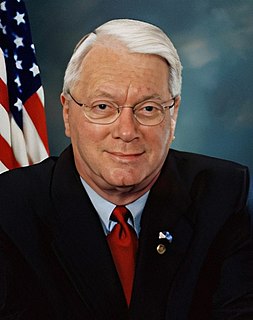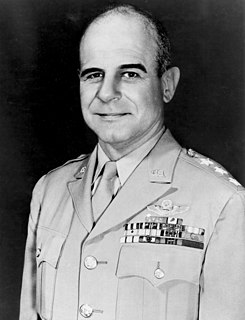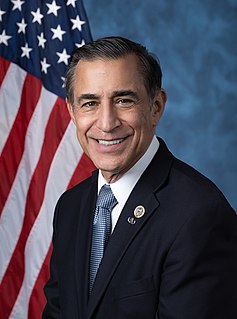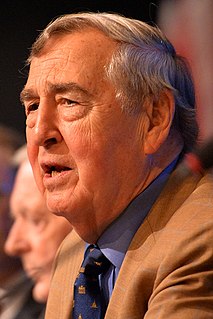A Quote by Howard K. Smith
They said it was against the rules to take sides on a controversial issue. I said, 'I wish you had told me that during World War II, when I took sides against Hitler.'
Related Quotes
Congress has an obligation to make controversial decisions on how to handle undocumented immigration. Lawmakers on both sides of the political aisle have refused to take the tough votes on the issue for decades. Whether it's been to take advantage of cheap labor or for political purposes, both sides are guilty.
We have to recognize that the reason that the global order that we've enjoyed and almost take for granted over the last several years exists is that after World War II, the United States and its allies tried to build an antidote to what they had seen between World War I and World War II. There, they'd seen protectionism, beggar-thy-neighbor trading policies, so they said, we'll build an open international economy. And they did that.
Adolf Galland said that the day we took our fighters off the bombers and put them against the German fighters, that is, went from defensive to offsensive, Germany lost the air war. I made that decision and it was my most important decision during World War II. As you can imagine, the bomber crews were upset. The fighter pilots were ecstatic.
Sixty million people died in the Second World War. World War II was a gigantic crime. We condemn it all. We are against bloodshed, regardless of whether a crime was committed against a Muslim or against a Christian or a Jew. But the question is: Why among these 60 million victims are only the Jews the center of attention?
However, there is a fundamental difference between the issue related to Japan's history and our negotiations with China. What is it all about? The Japanese issue resulted from World War II and is stipulated in the international instruments on the outcomes of World War II, while our discussions on border issues with our Chinese counterparts have nothing to do with World War II or any other military conflicts. This is the first, or rather, I should say, the second point.
Our prime minister could embrace and forgive the people who killed our beloved sons and fathers, and so he should, but he could not, would not, apologise to the Aboriginal people for 200 years of murder and abuse. The battle against the Turks, he said in Gallipoli, was our history, our tradition. The war against the Aboriginals, he had already said at home, had happened long ago. The battle had made us; the war that won the continent was best forgotten































